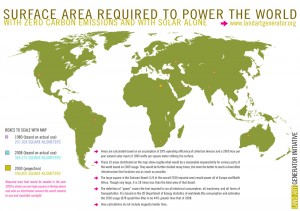The days of gas-powered cars are numbered. Sure, electric cars are cool and promising and are gaining in popularity worldwide, but an announcement by Volvo really helps make clear the powertrain of the future. As reported by MotorAuthority, Volvo is no longer working on any next generation gasoline powered engines. This doesn’t mean they’ll stop SELLING them any time soon…the current generation can last quite some time, I’m sure. But they’re looking ahead, and they apparently don’t see the profit in developing new gas engines, not with the rise of electrics. A big step, really, and one I expect other car companies will emulate. Or…maybe it’s just a publicity stunt? Volvo is owned by Chinese company Geely…so are they making this announcement for the eco-friendly news benefit, while actually planning to switch to Geely engines in the future if electrics haven’t reached the point needed by then?
Also in electric vehicle news…delivery company DHL did the math on Tesla’s new semi truck, and figured they’d break even on it in less than two years, compared to a conventional diesel truck. For large companies that are willing to invest in capital equipment like this, switching their short/mid range fleets to electric is really a no-brainer! It’s only a matter of time, too, before trucks like the Tesla are suitable for long-haul trucking.

 Tesla made a pretty odd announcement today…Elon Musk announced that, “Tesla will not initiate patent lawsuits against anyone who, in good faith, wants to use our technology.” This essentially opens the door to competitors wishing to copy them. In his
Tesla made a pretty odd announcement today…Elon Musk announced that, “Tesla will not initiate patent lawsuits against anyone who, in good faith, wants to use our technology.” This essentially opens the door to competitors wishing to copy them. In his 


